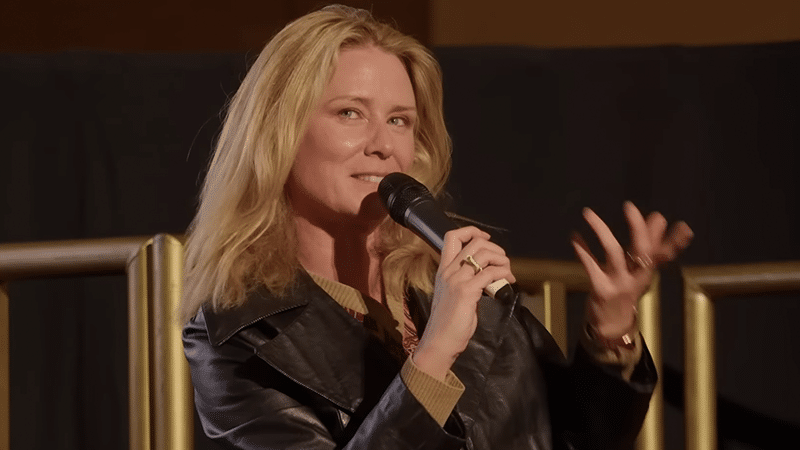The BBC has ditched a singer from one of its radio shows only weeks after she experienced “social-media fire and brimstone” for criticising puberty blockers.
Radio 6 Music was due to broadcast five hours of Róisín Murphy’s content as part of 6 Music Artist Collection. But she has now been pulled from the programme and replaced by rapper Little Simz.
In response to criticism, the BBC claimed that its archive collections are “regularly on rotation and frequently change to reflect station-wide initiatives”, and that as a spoken word artist, Little Simz was rescheduled to tie in with National Poetry Day.
‘Offended’
Murphy, from Co. Wicklow, Ireland came under fire for calling puberty blockers “absolutely desolate” on a Facebook post, saying “mixed-up kids are vulnerable and need to be protected, that’s just true” and “don’t call me a terf, please don’t keep using that word against women”. But following a backlash, she apologised for “the ramifications of my actions”.
Posting on X (formerly Twitter), journalist Andrew Neil commented: “Meanwhile Ms Murphy is making abject apologies for her apostasy in questioning puberty blockers. She will quickly find out that no matter how grovelling the apology, the extremists she has offended can never be assuaged.”
The incident caused two of her concerts to be cancelled, but despite her record company pulling publicity and trans activists’ calls to boycott it, her new album ‘Hit Parade’ has become her first UK top ten album.don’t call me a terf, please don’t keep using that word against women
Although National Poetry Day is the week after Little Simz is due to be broadcasted, the BBC argued that playing her music in advance would enable it to be available on BBC Sounds as “support programming”.
‘Impartial’
Last year, the BBC came under fire for advising journalists to use their influence to advance the LGBT agenda.
A training course by transgender lobby group Global Butterflies told journalists to use “their magical ally powers” to access people of influence including top leaders, celebrities and politicians.
BBC journalist Stephen Nolan, who revealed the training on his show, said: “If these new impressionable young trainees are being told at the beginning of their BBC careers to be lobbyists, how is your news impartial?”
Pensioner ‘harassed’ by police over sticker backing single-sex spaces
De-banked vicar: ‘There’s a sea change against trans ideology’
IEA: ‘Trans ideology wants to force society to bow to its claims’


